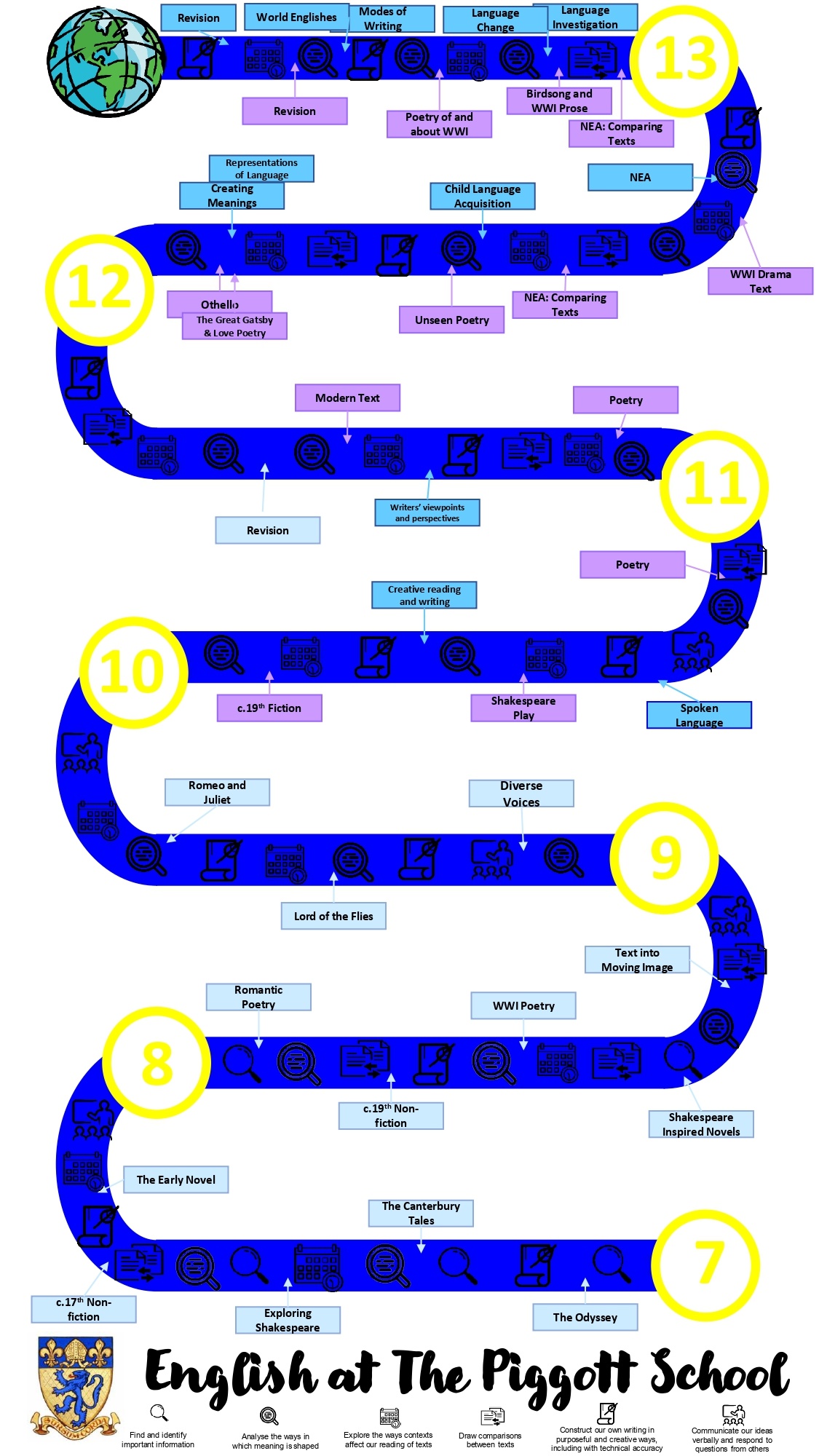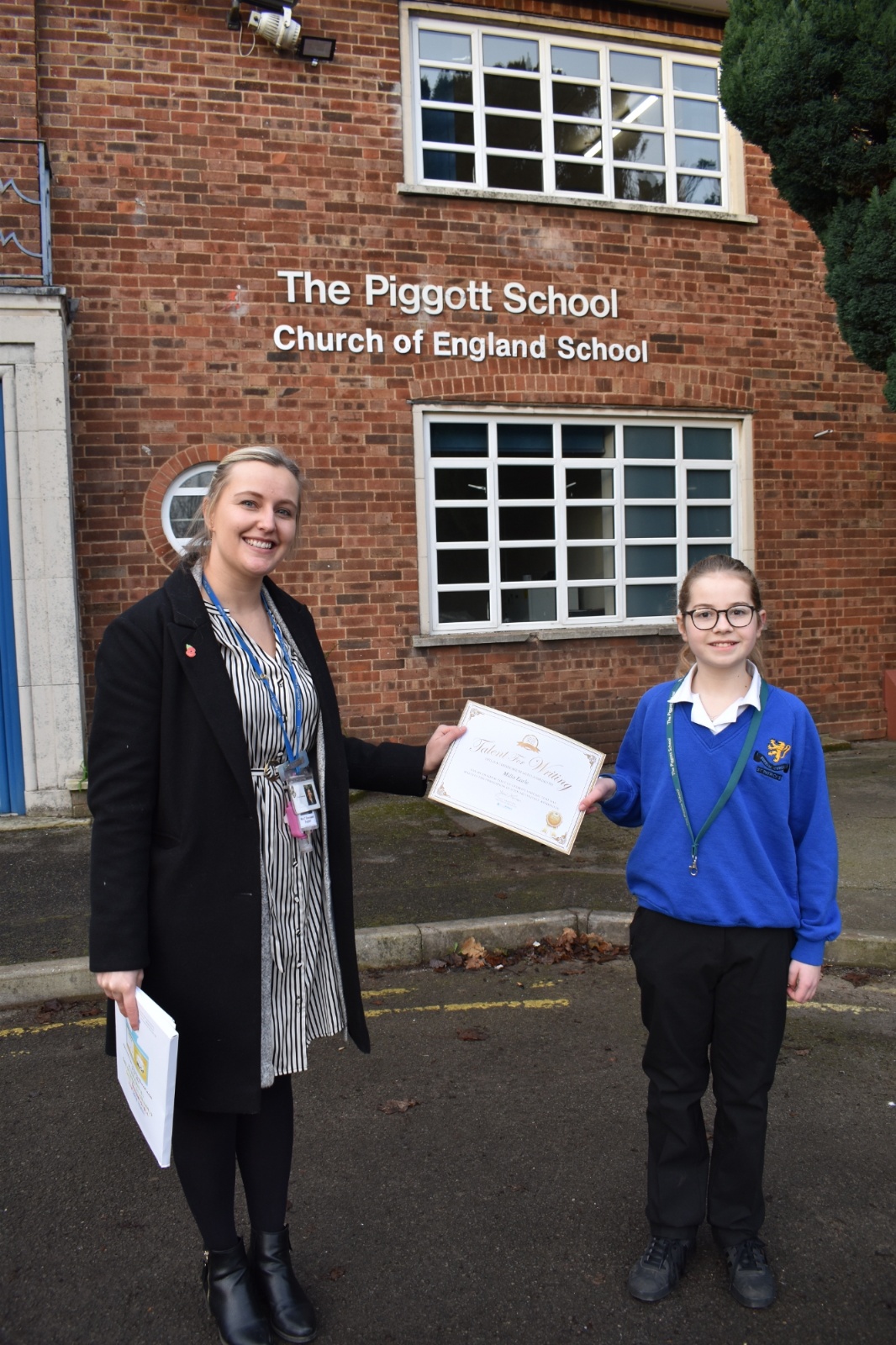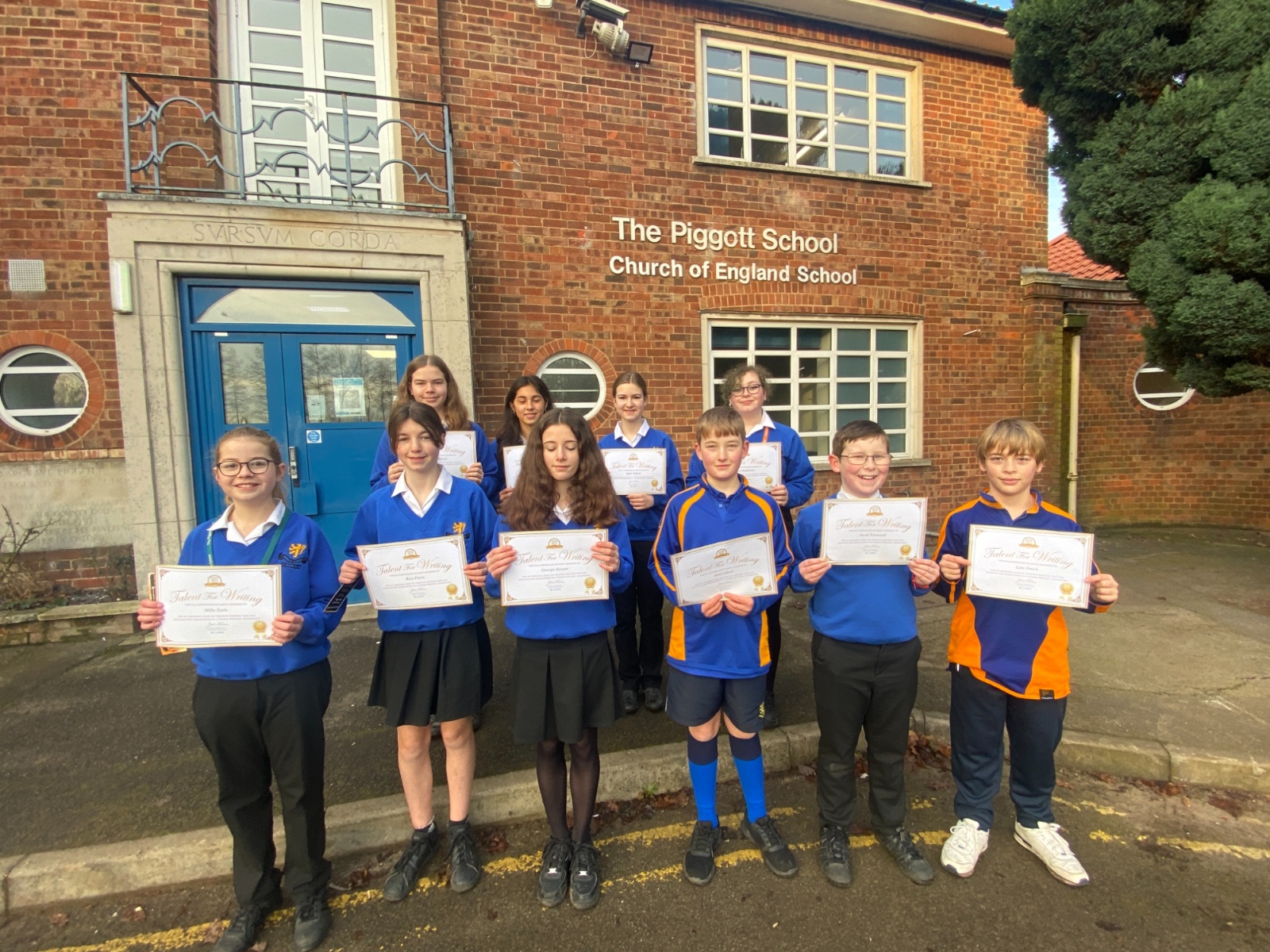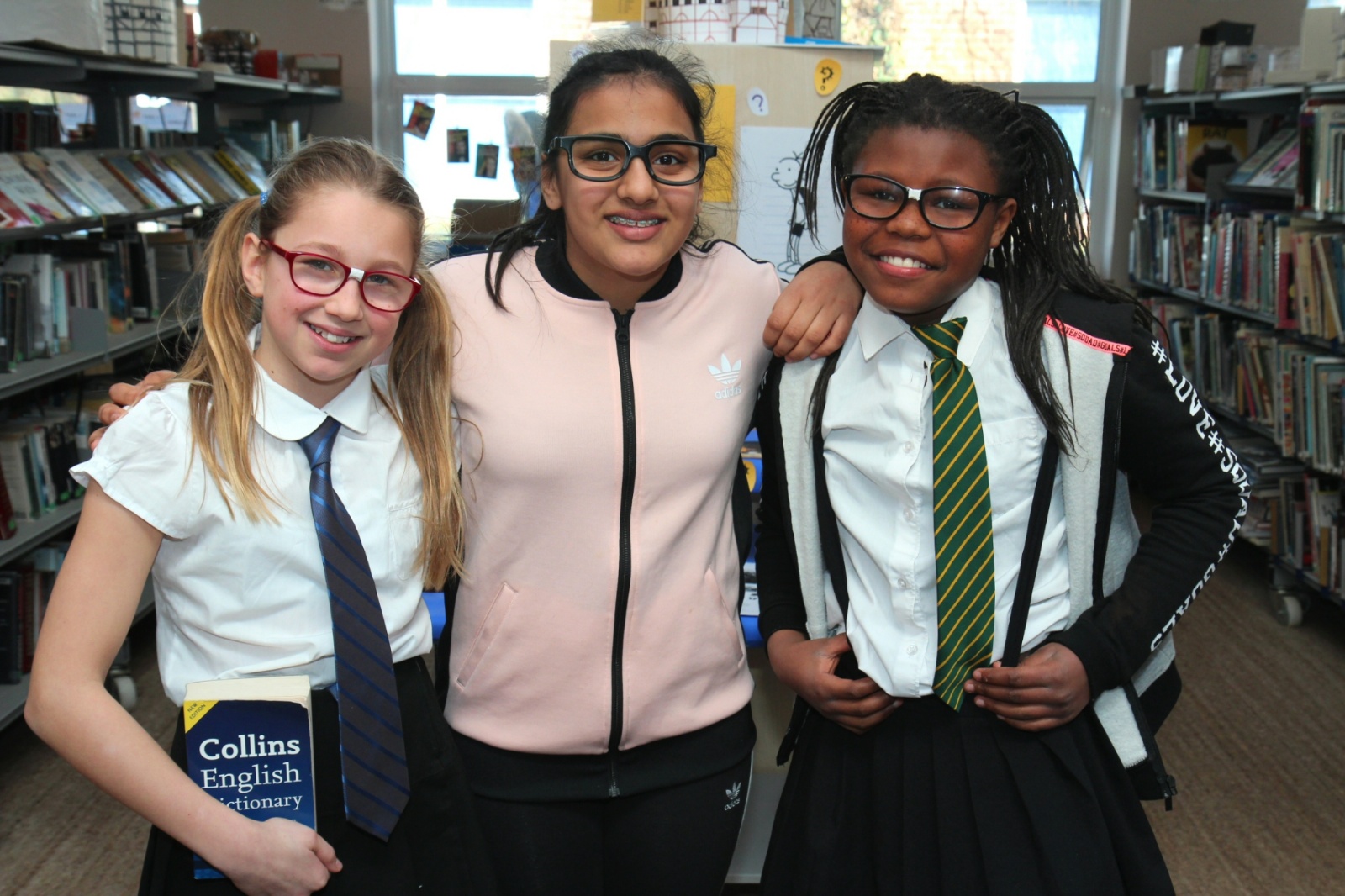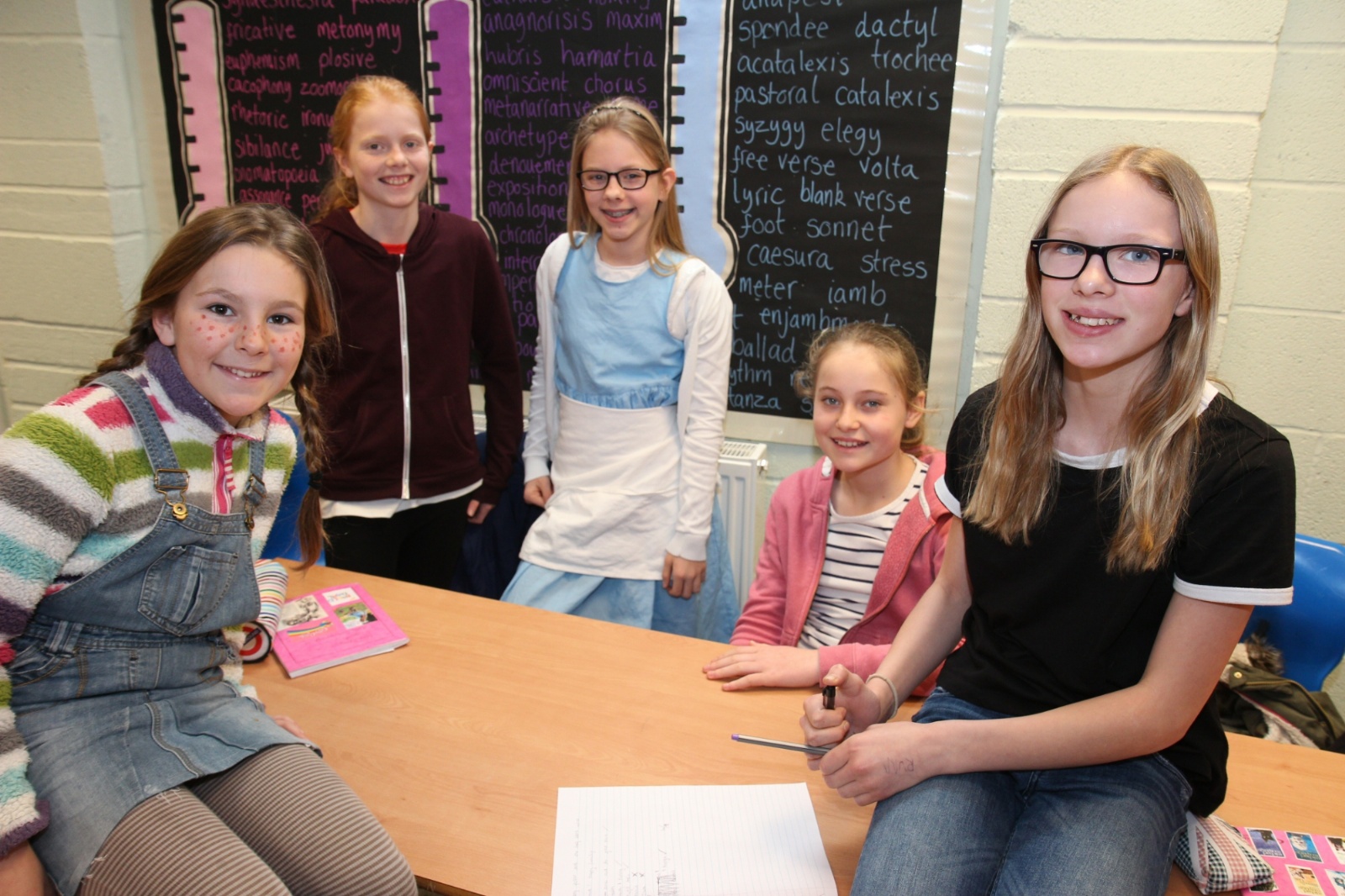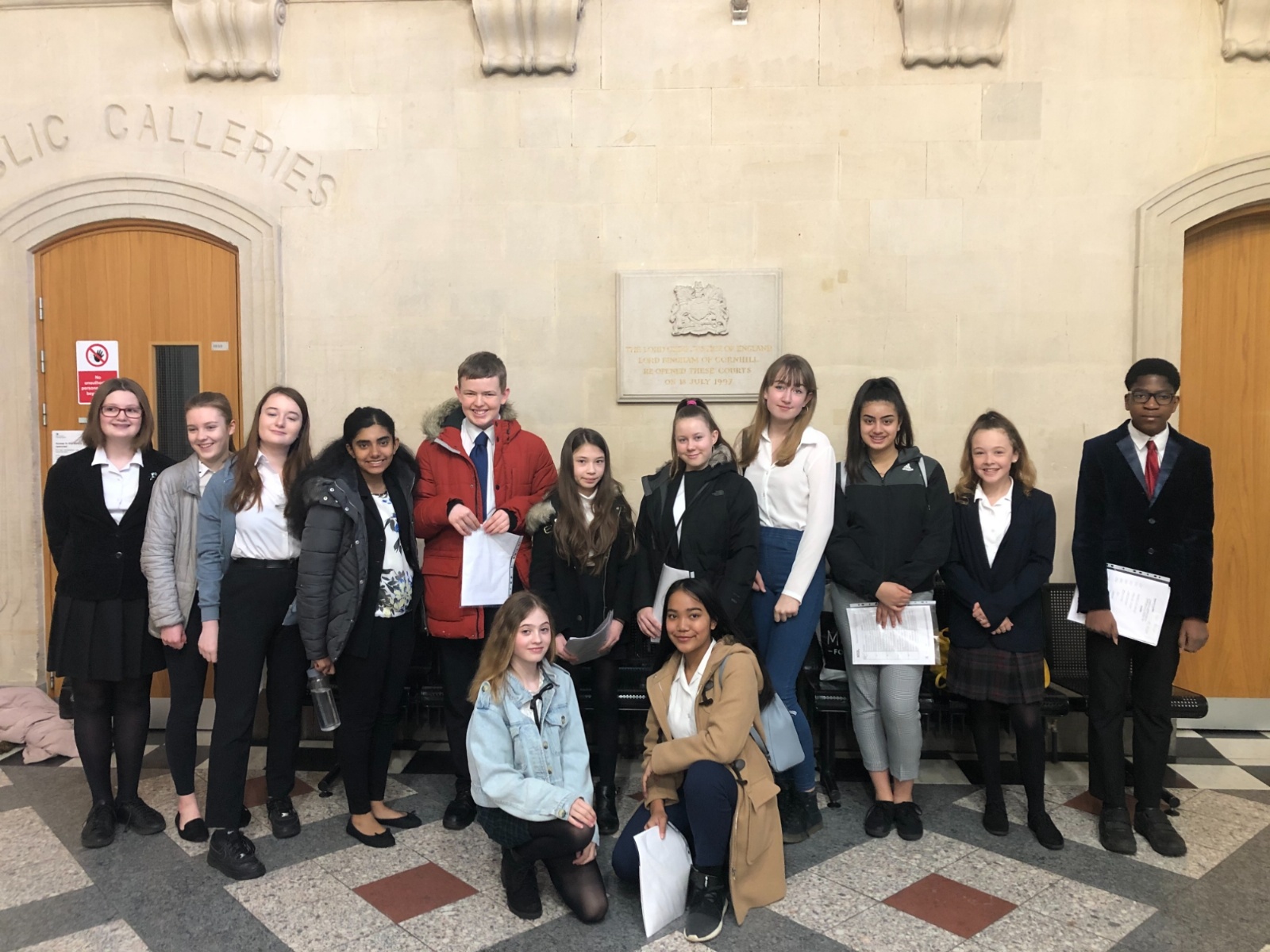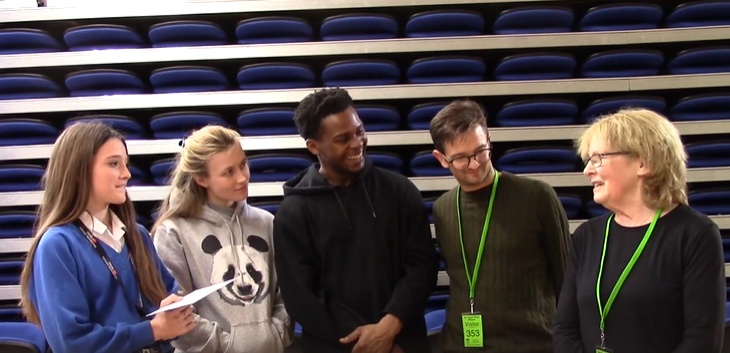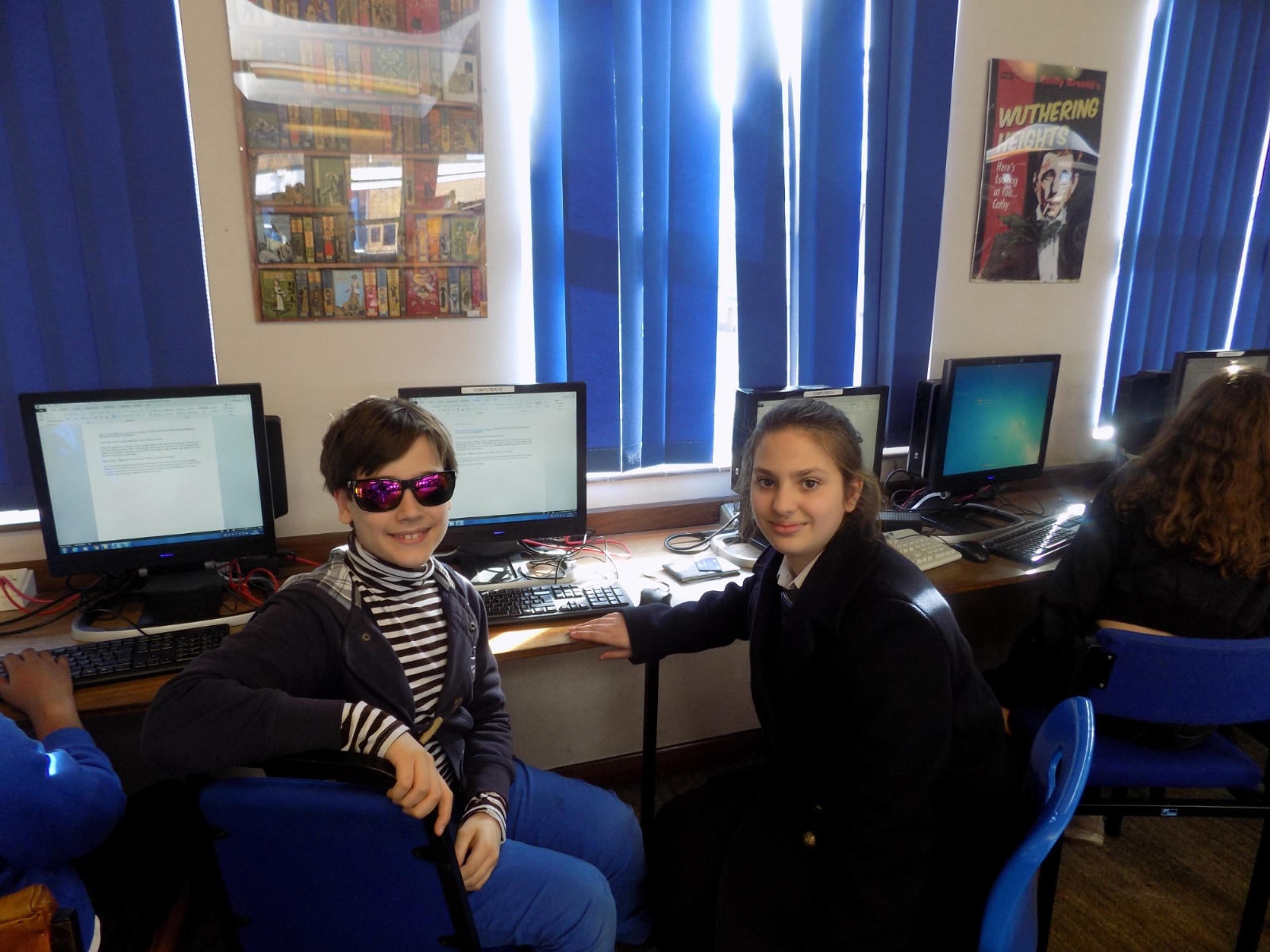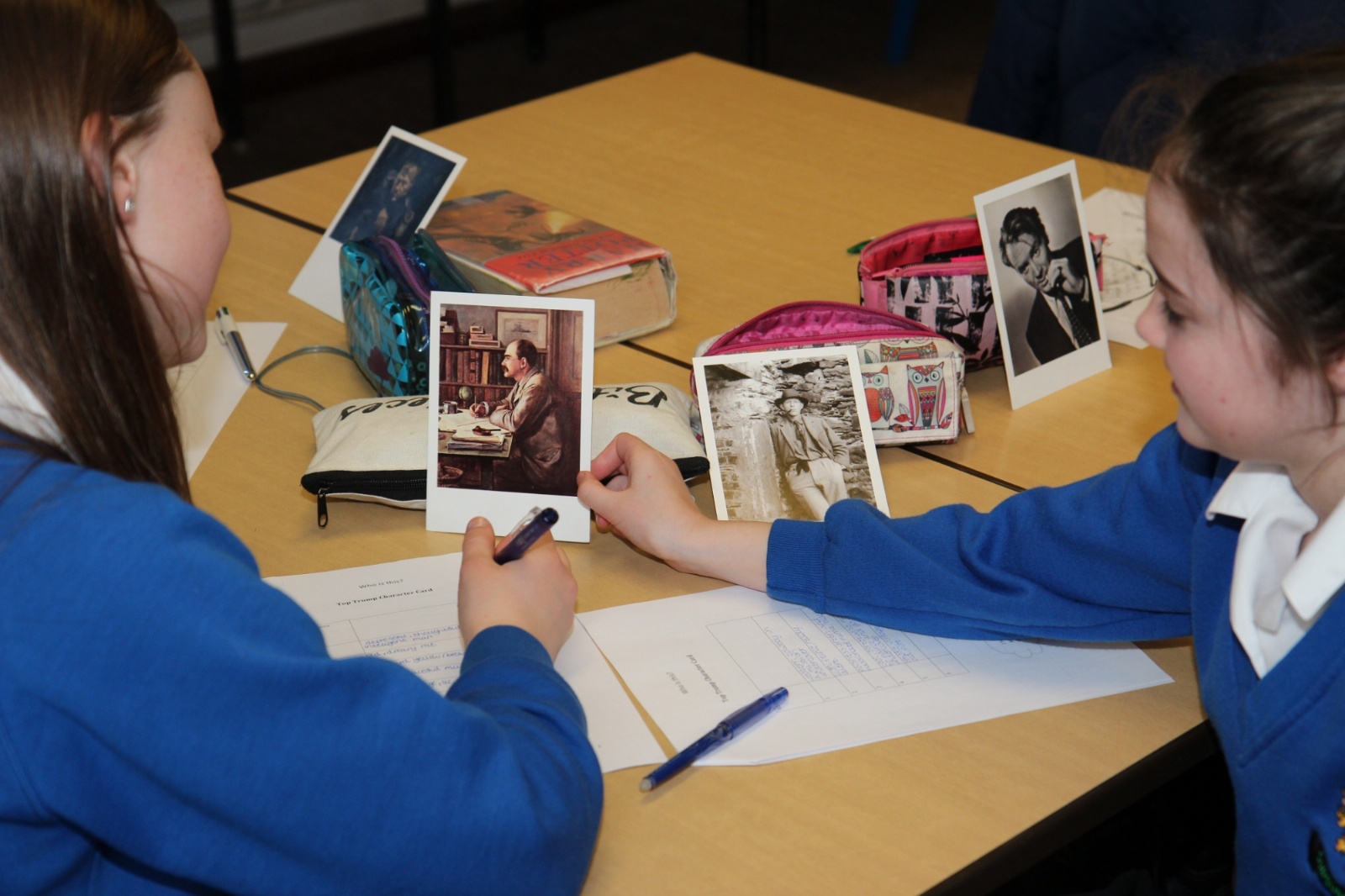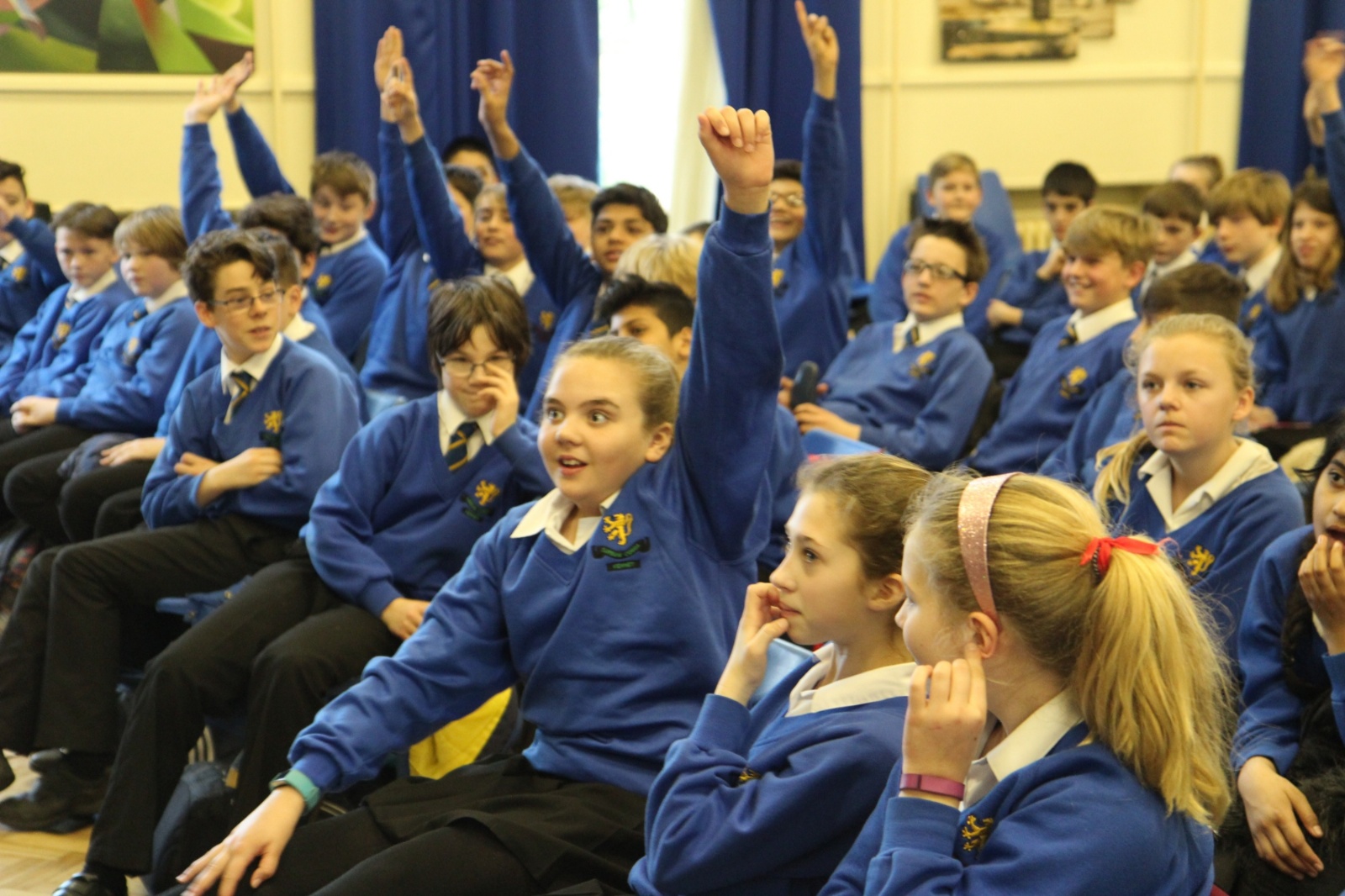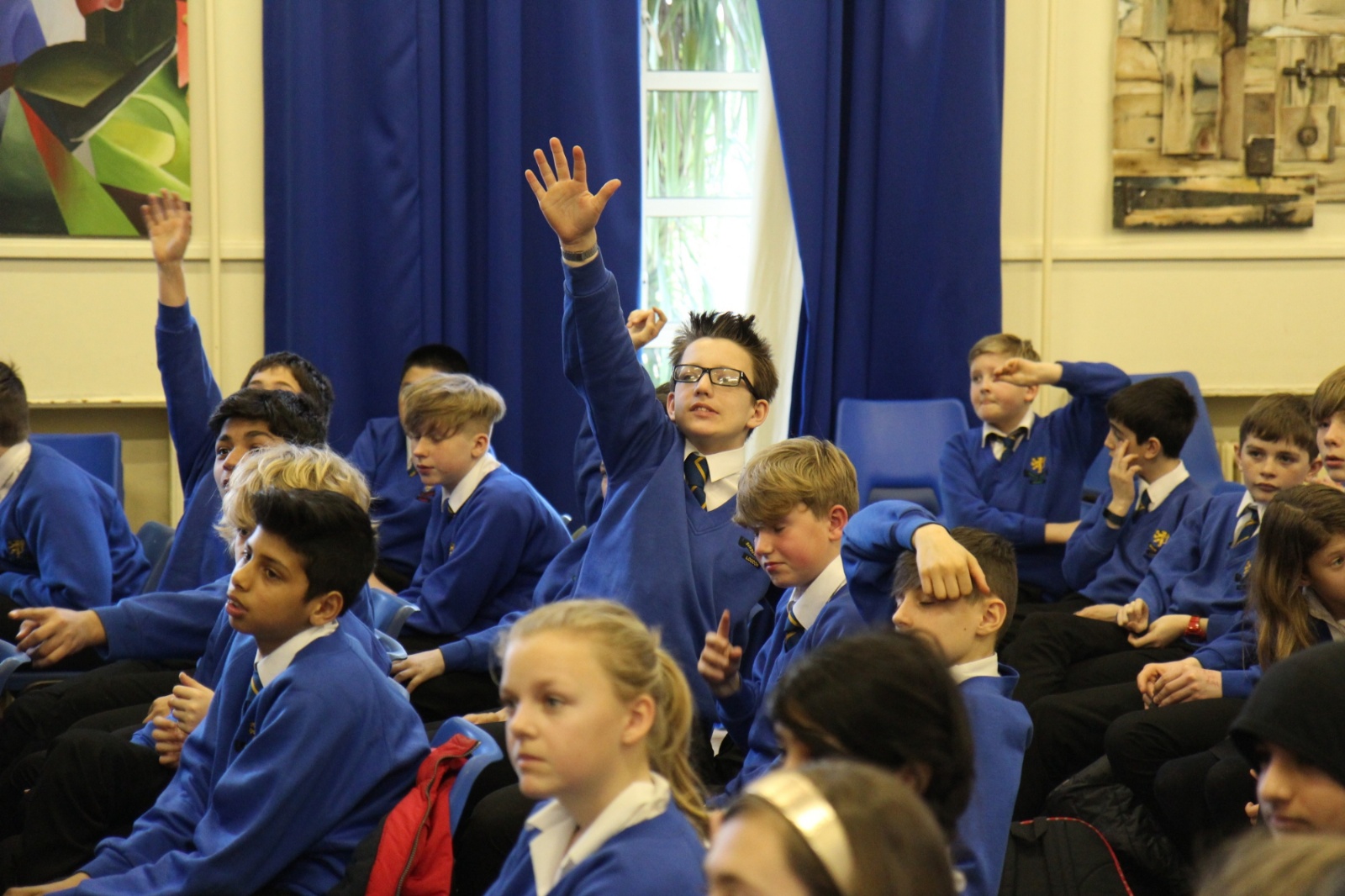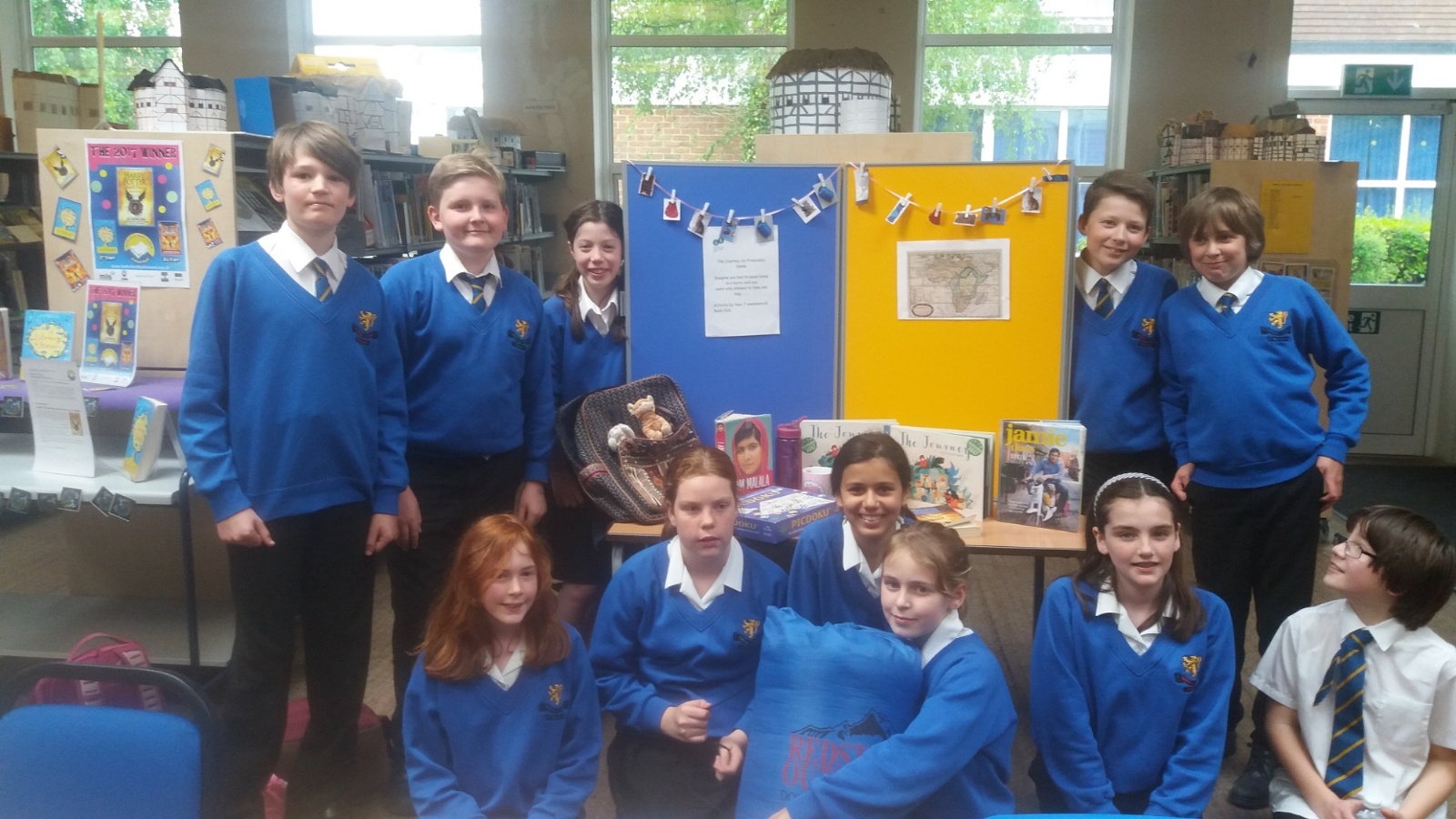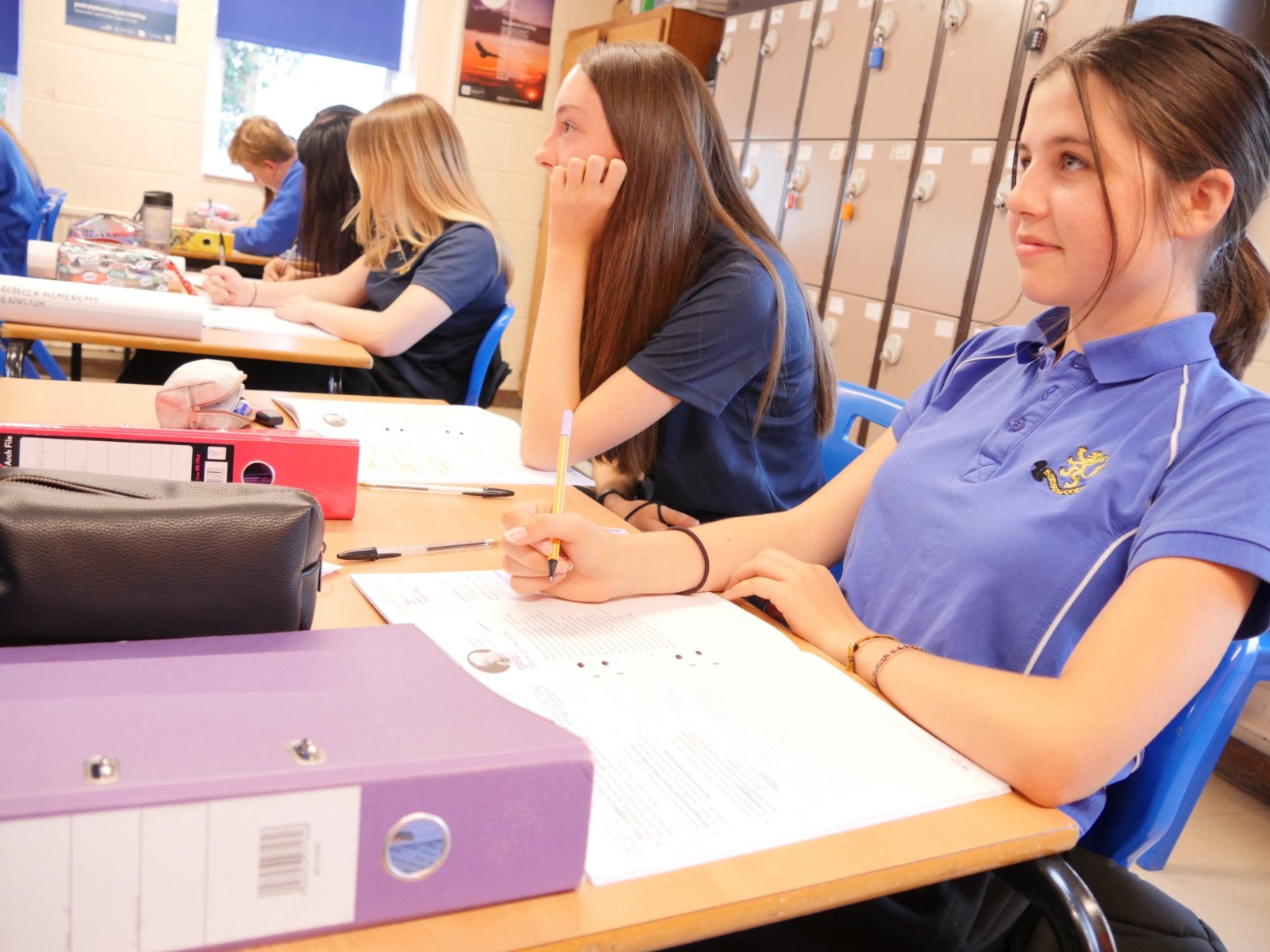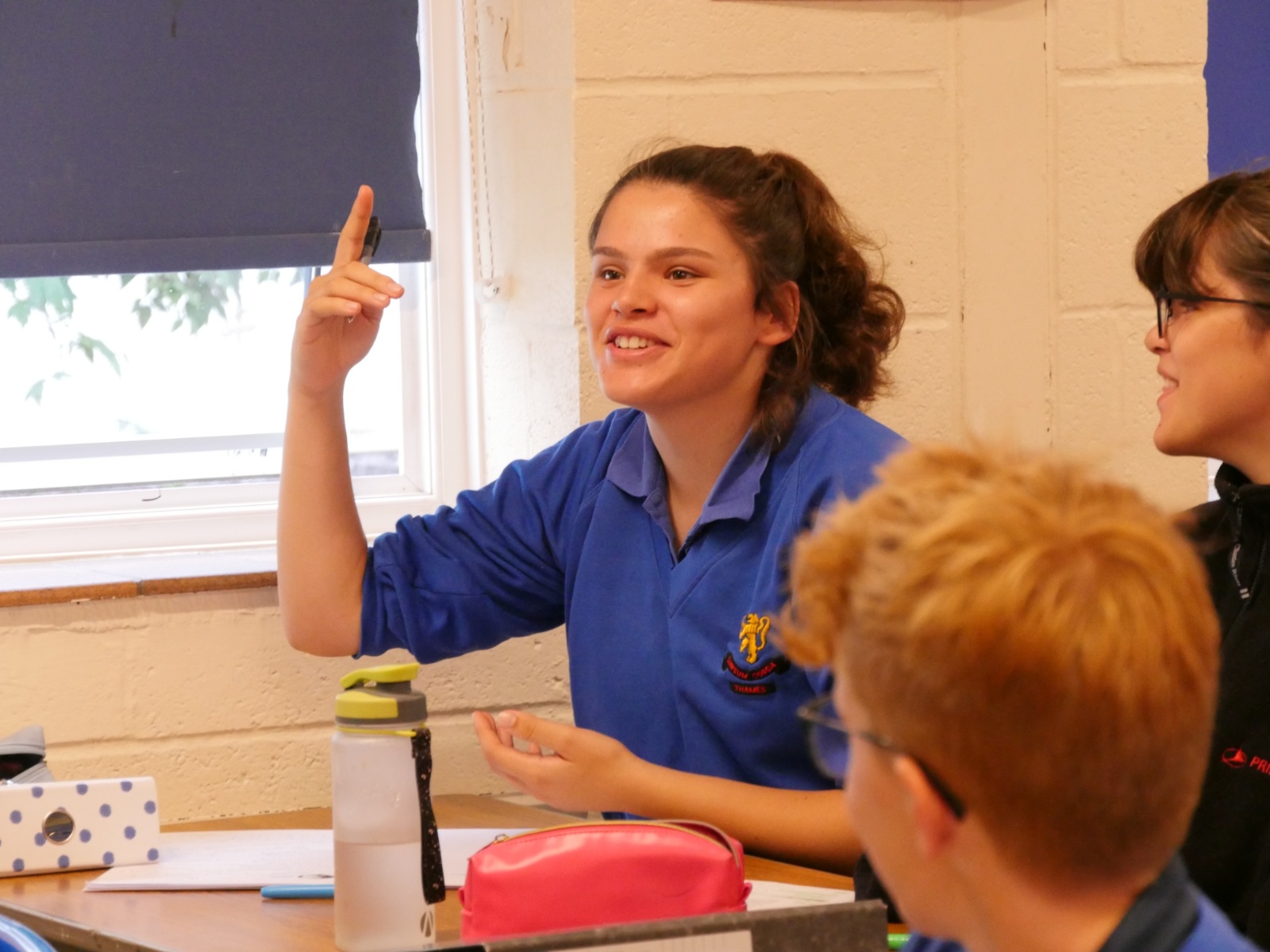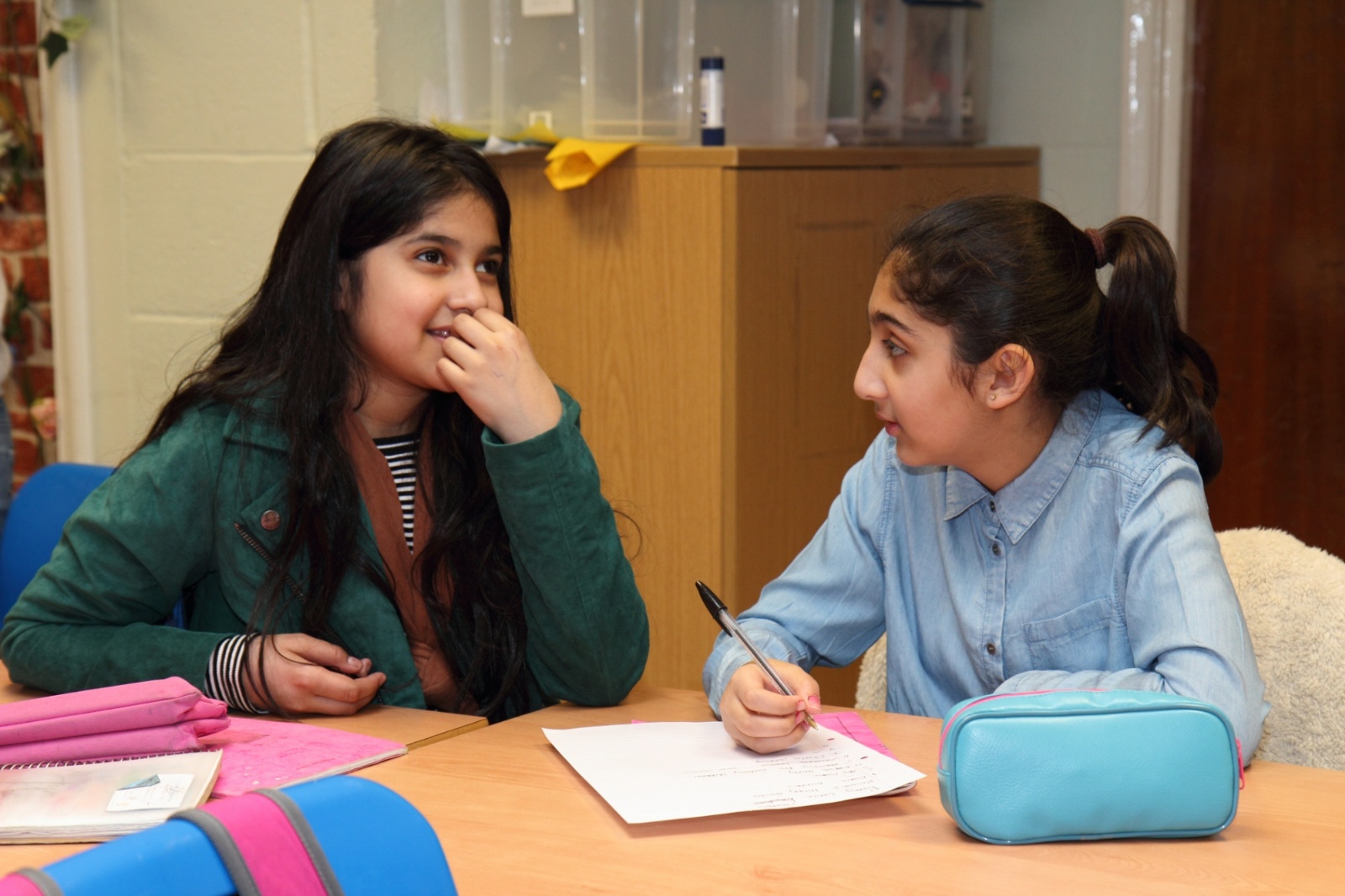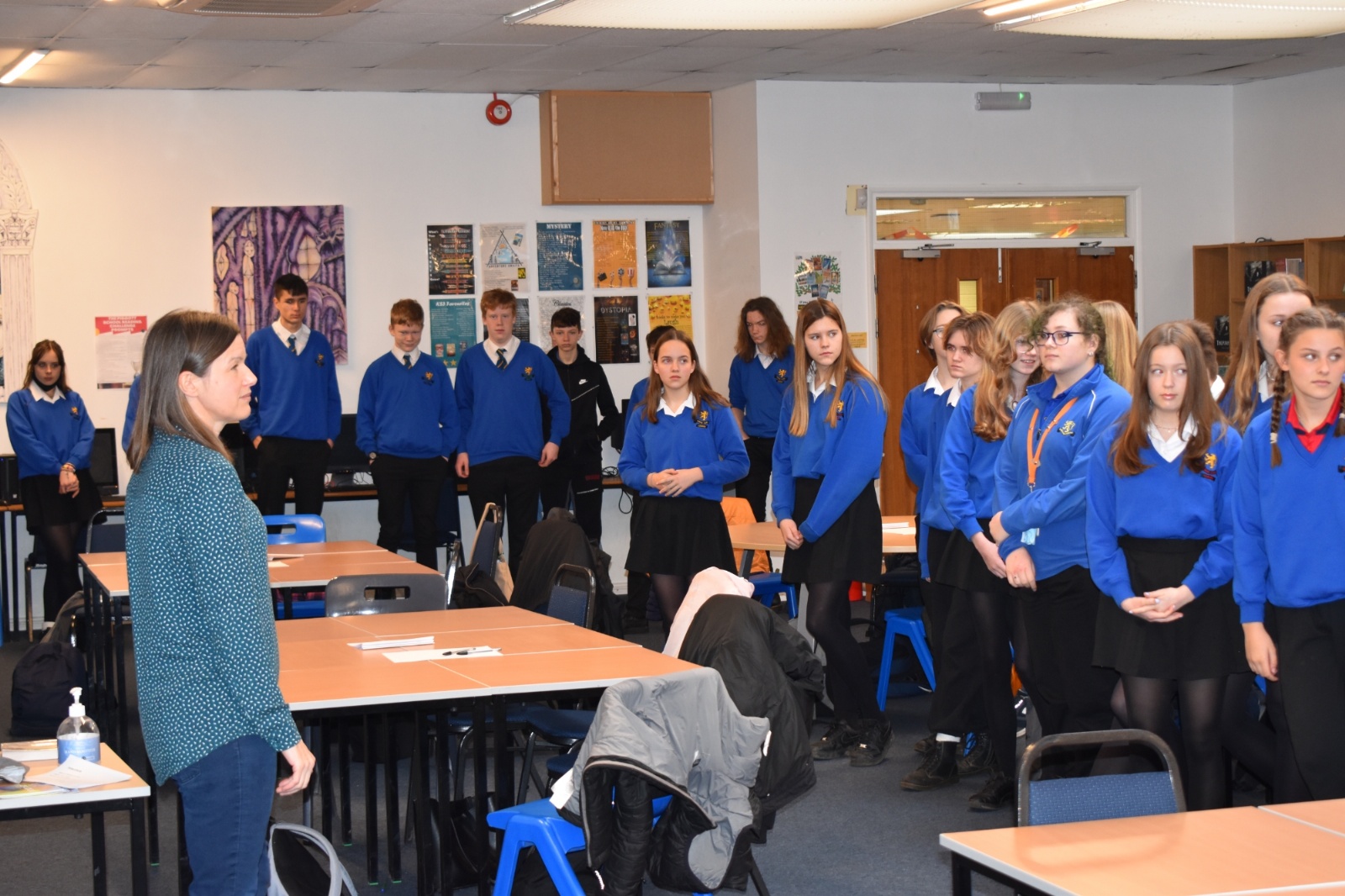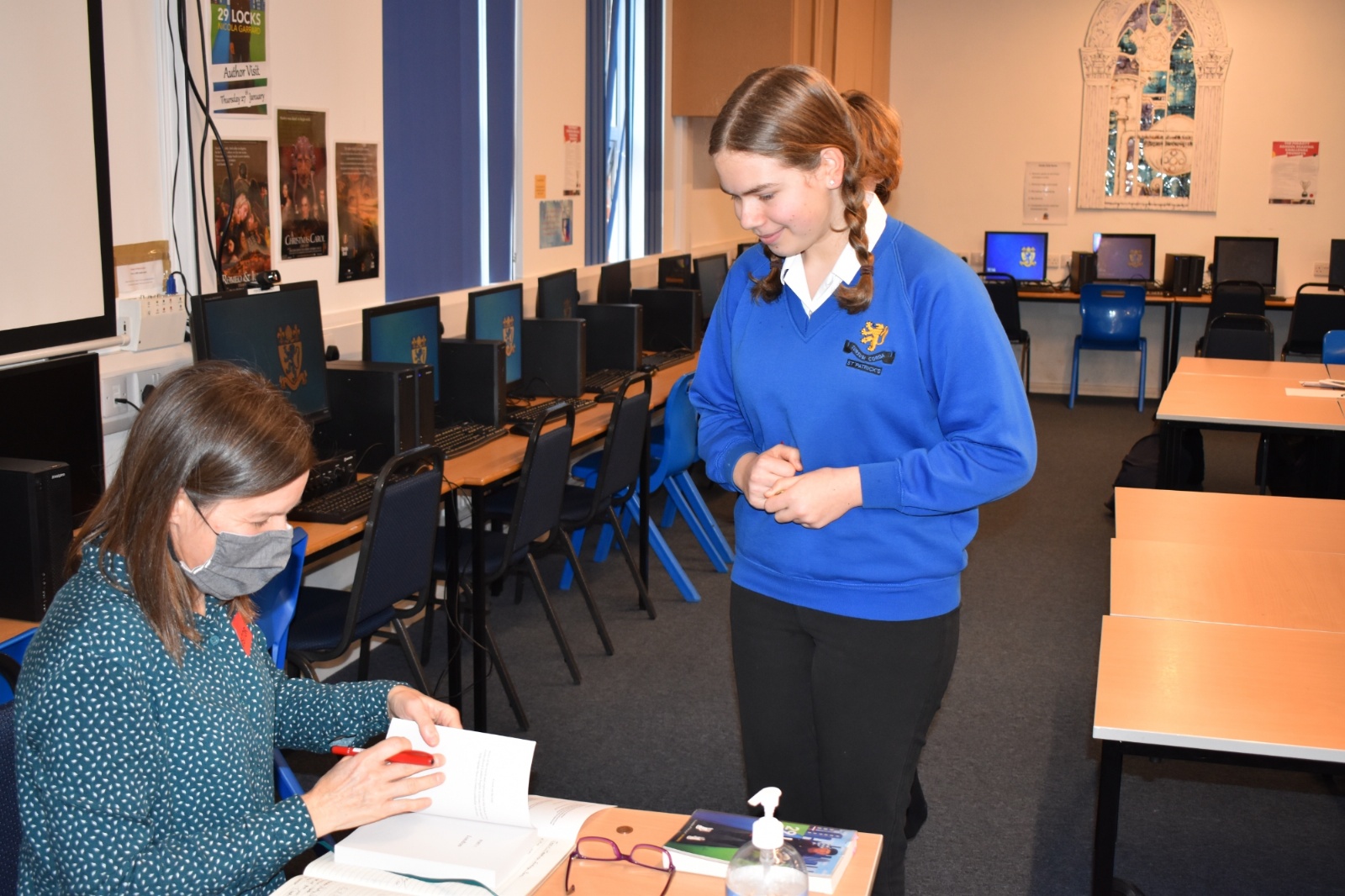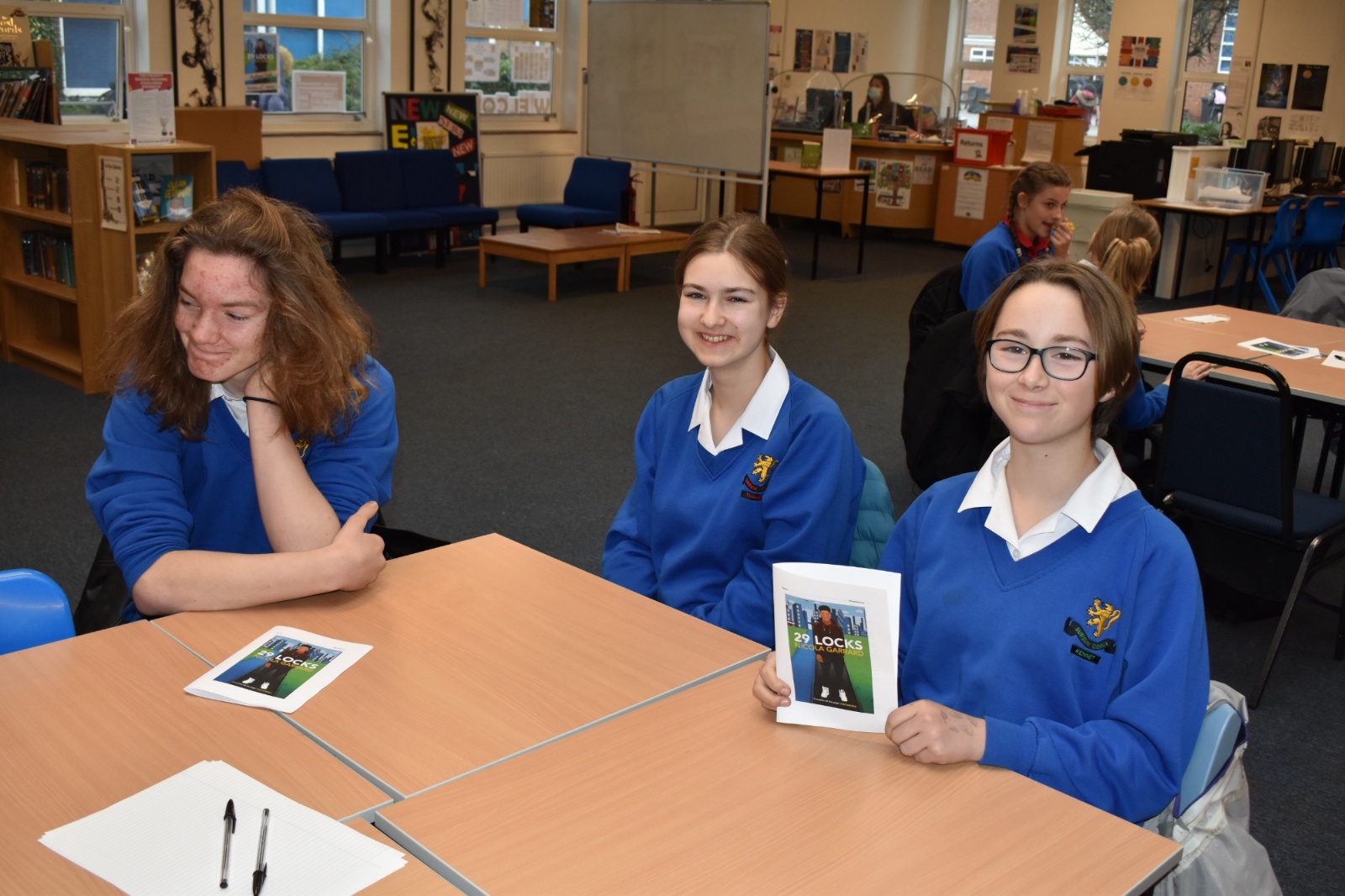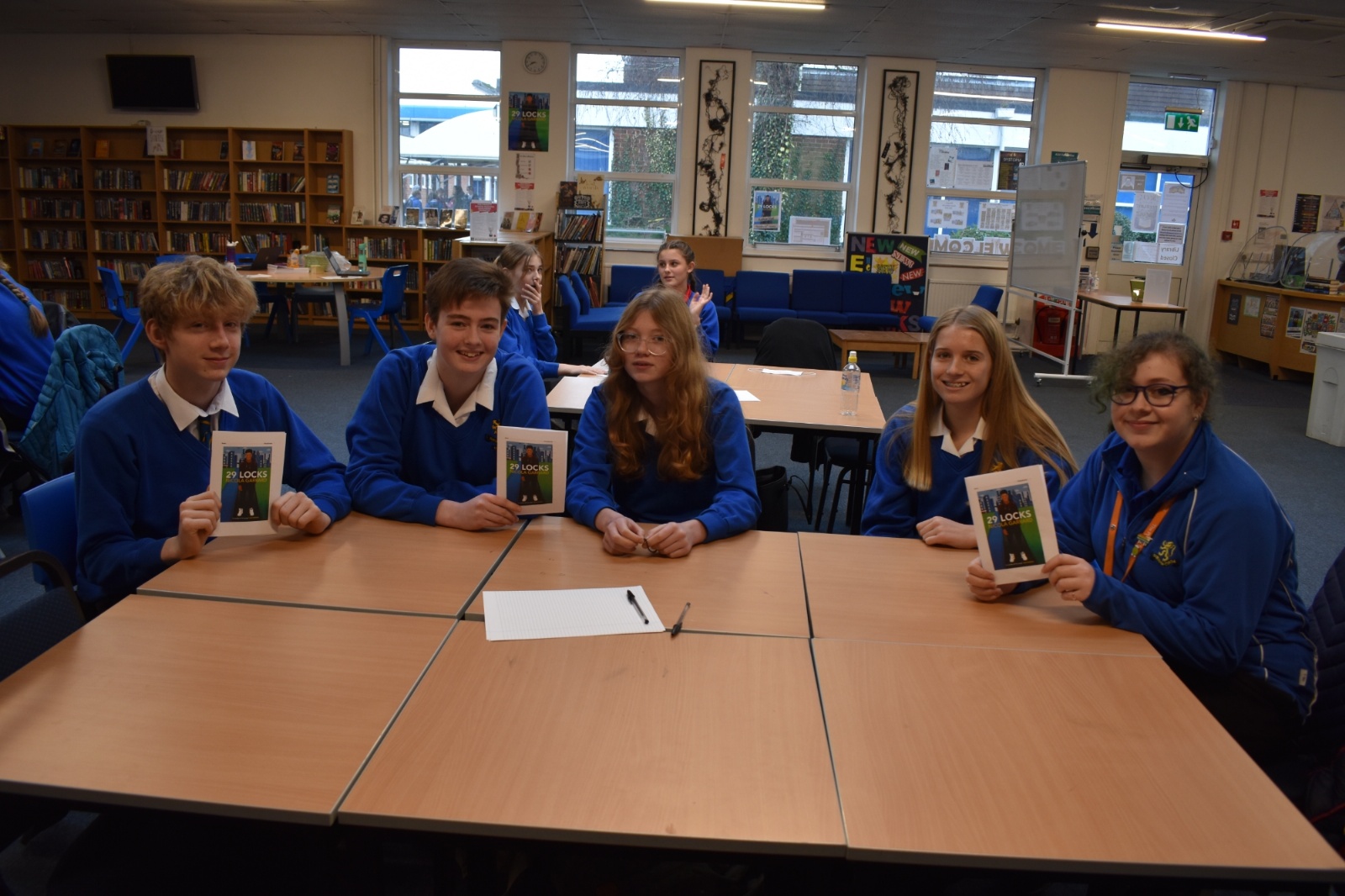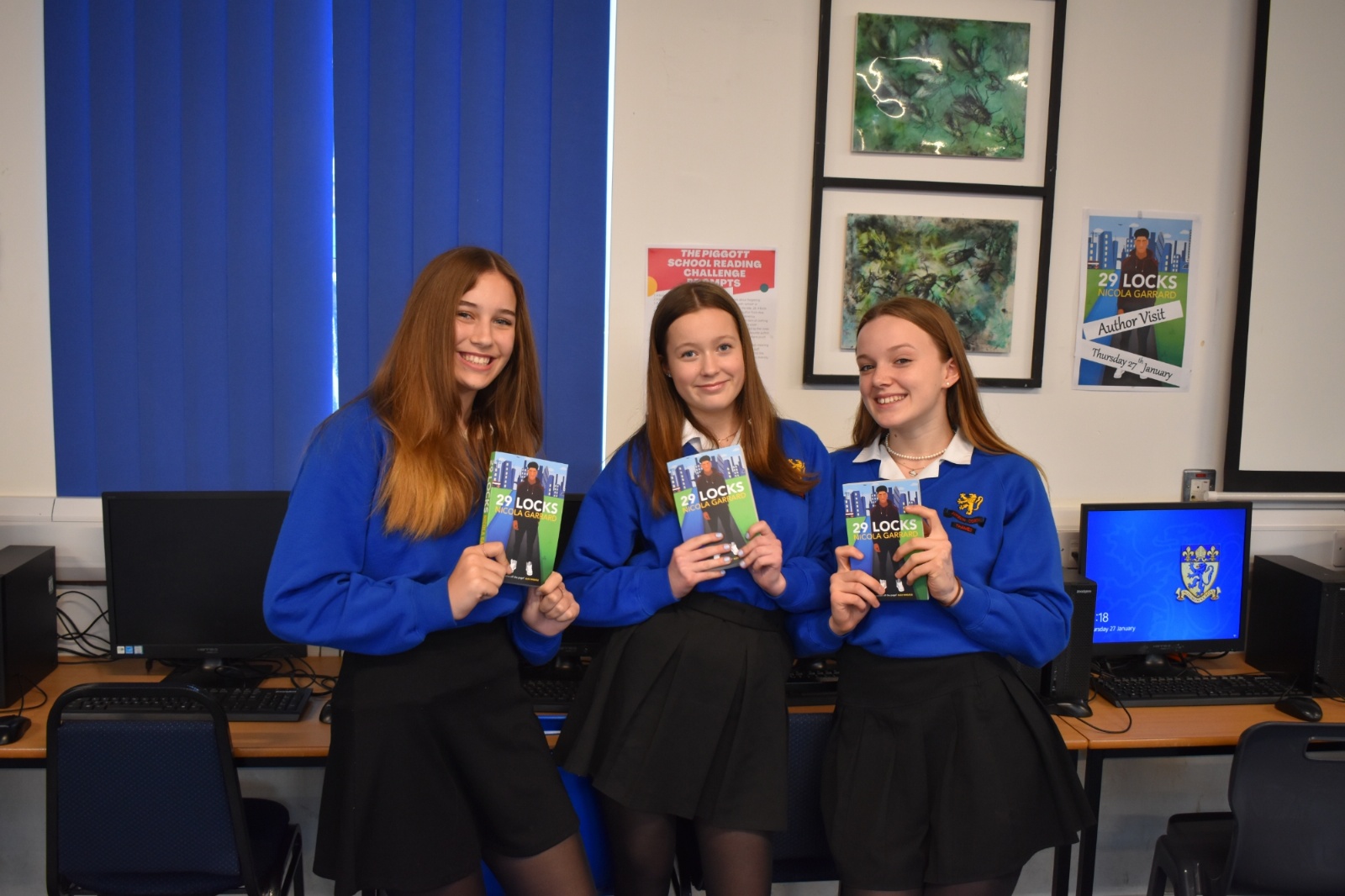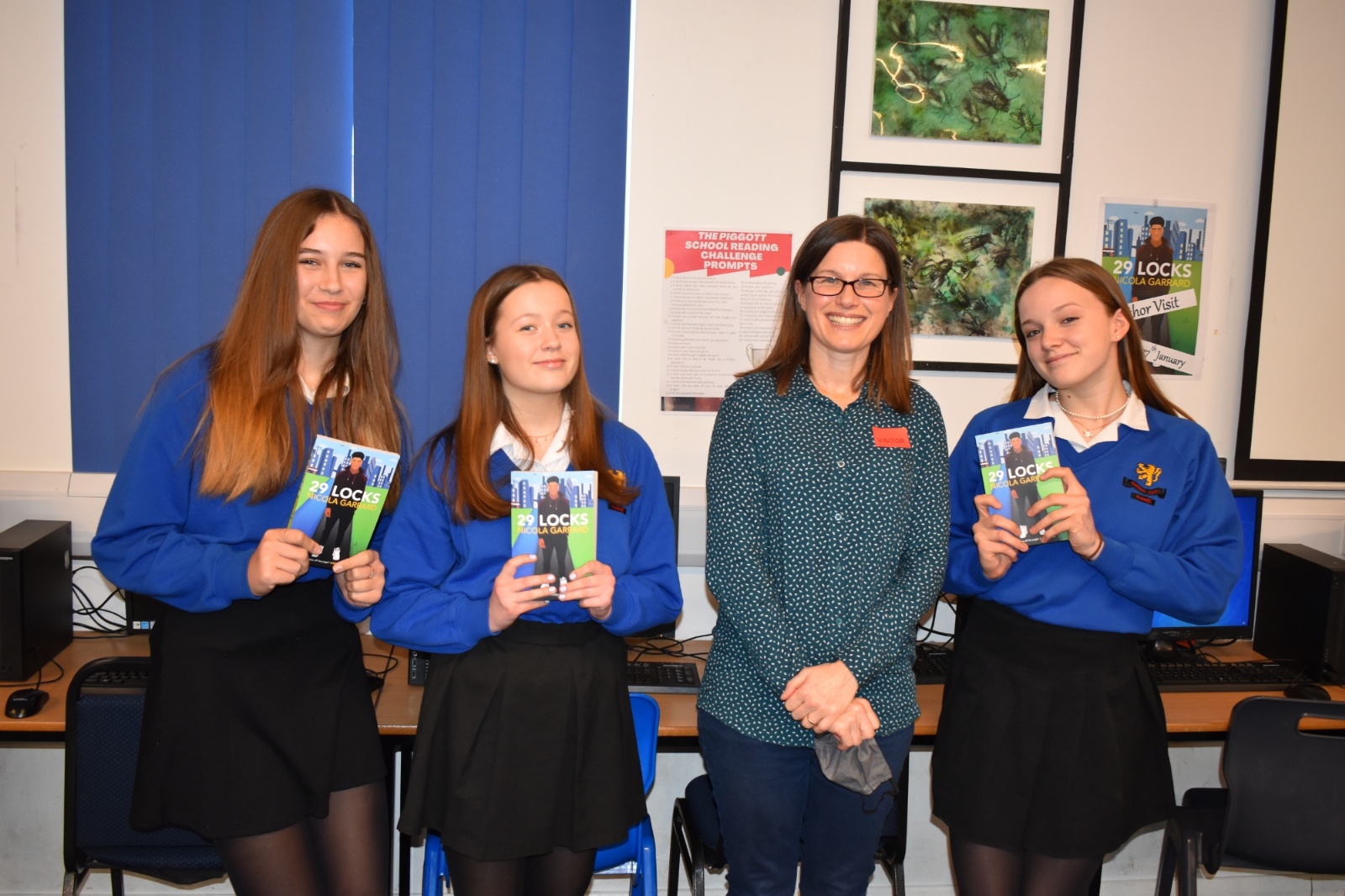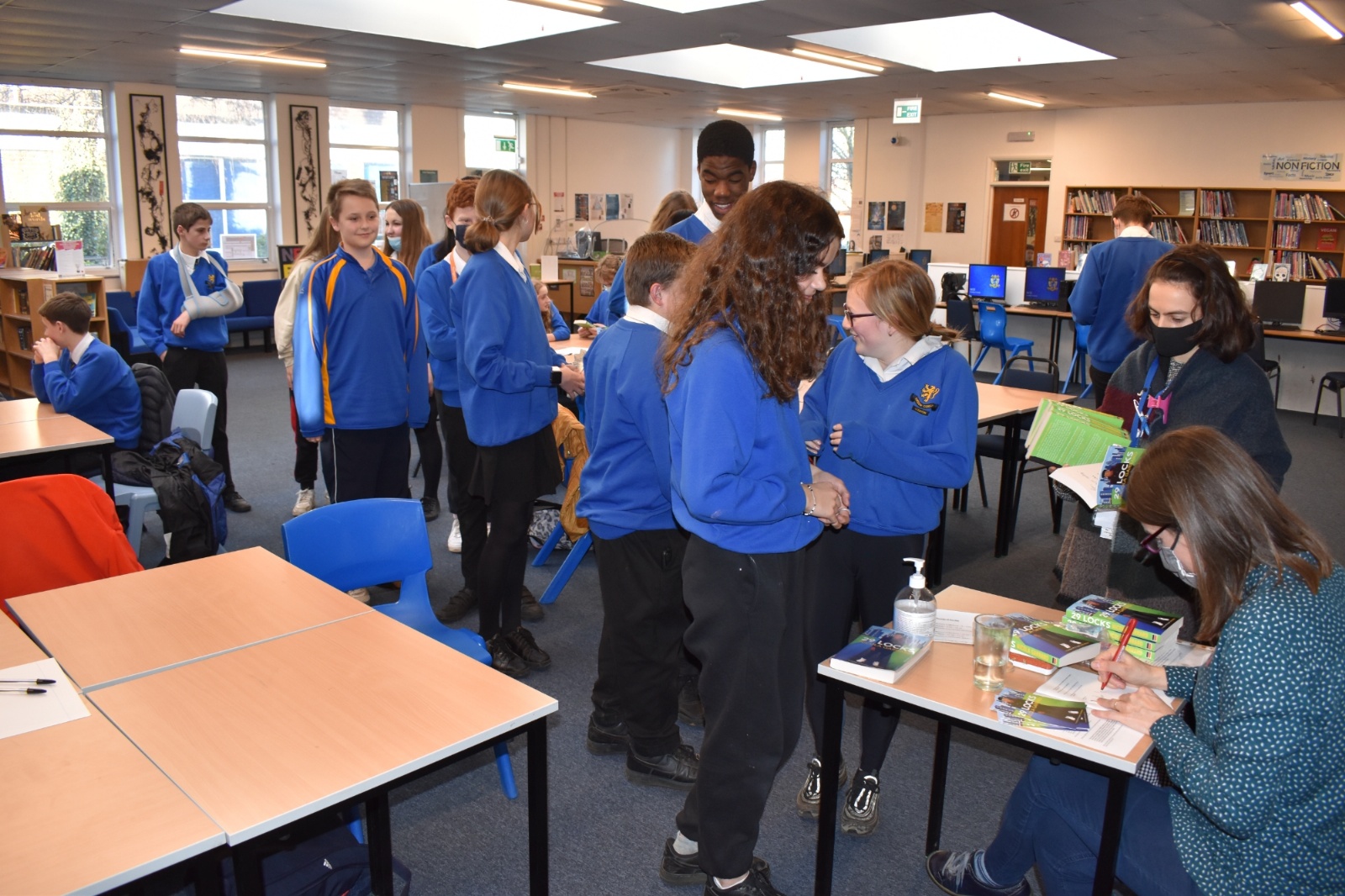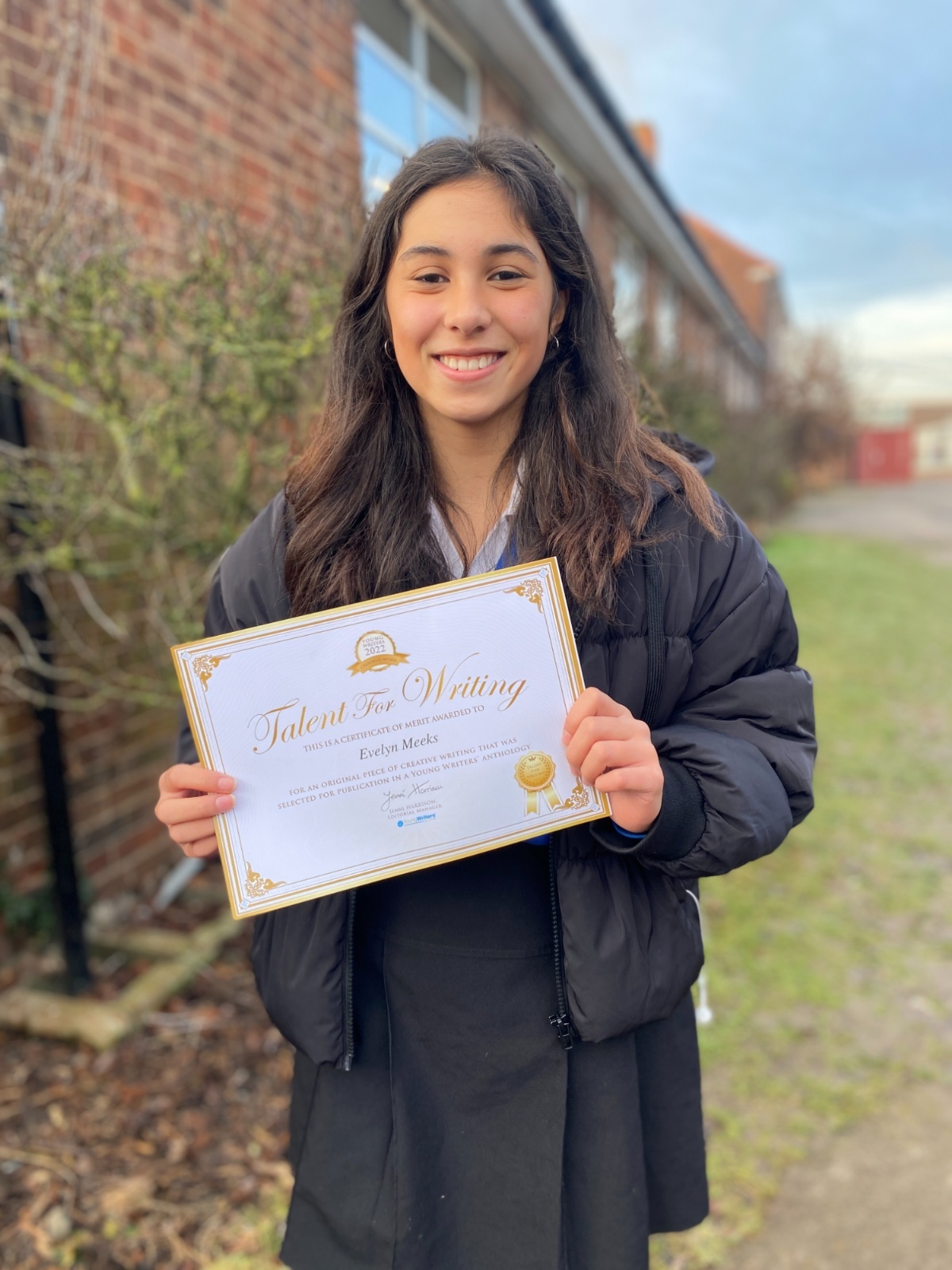English
Vision
By the end of their journey through English at The Piggott School, not only will our students have secured exam results they are rightly proud of, but they will be prepared for the wider skills required for life outside the classroom. Our students will have explored a breadth of human experiences and emotions, both inside and outside of their own worlds, helping to develop the qualities that make up our wider school Christian values: respect, equality, honesty, dedication, courage and love.
Curriculum Aims
As English teachers at The Piggott School it is our intention that through lessons, home learning and extra-curricular opportunities we will help our students foster a love of reading, and a passion for interrogating and evaluating a range of texts from our rich national and global literary heritage. We will strive to ensure our students develop confidence in their ability to write both creatively and academically. It is our vision that students leave The Piggott School English Department able to communicate fluently, critically and respectfully, so they are able to immerse themselves in the wider world as kind and compassionate young people.
In implementing our vision, English lessons are carefully planned to ensure we expose our students to a range of challenging and engaging fiction and non-fiction texts. We will explore texts of different genres, time periods, forms and cultures, not only reading, analysing and evaluating them but using them as a spring board for our own writing. Our English lessons also allow ample opportunity to develop communication through speaking and listening to one another. All lessons are underpinned by the need to support and challenge students whatever their starting ability, encouraging students to become independent and resilient learners.
Curriculum Intent
In line with our department vision, the English Department intentions in each Key Stage can be found below. Every opportunity is taken to ensure students understand the connections between each unit of study, the skills being developed and the ways in which they link not only to previous learning but future learning.
Key Stage 3
English is taught in mixed ability groupings at Key Stage 3. In Year 9 this progresses to having a Set 1 on each year half, but the rest of the classes remain in mixed-ability groupings.
The Key Stage 3 curriculum is designed to build on the skills students developed at Key Stage 2, while also allowing students the space and freedom to enjoy reading and writing without the looming pressure of SATs.
In Year 7, students begin a journey through storytelling and communication. The journey spans Year 7 and 8 and is organised chronologically, giving students an opportunity to explore a range of seminal writers who have influenced language and literature over time. Students start with The Odyssey and ideas of verbal storytelling, working right through to exploring how novels are adapted for the big and small screen.
Year 9 acts as a transition year where students begin to move from the chronological approach of Years 7 and 8 more closely to the demands of the GCSE specifications, without beginning their GCSE curriculums in earnest. The first unit builds on ideas of storytelling and communication, but broadens students’ experiences to include a greater range of diverse voices and experiences. The human experience is then developed in the second and third units of the year, with students studying Lord of the Flies and Romeo and Juliet. These texts allow students to understand the level of analysis and evaluation required at GCSE, as well as giving students a foundation in the skills required for reading, annotating and responding to a GCSE.
When reading fiction and non-fiction texts students have the opportunity to develop their comprehension skills along with their ability to engage analytically with the methods writers use to shape meaning. Students then have the ability to emulate some of these methods in their own fiction and non-fiction writing. Throughout the Key Stage 3 curriculum students also have regular opportunities to develop their spoken language skills, participating in small group and class discussion, having the opportunity to share their ideas as well as listen to and reflect upon the ideas of their peers.
Alongside classroom lessons all students in Years 7-9 have a fortnightly DEAR lesson in the Library. Here, students have the opportunity to experience a variety of texts encompassing a wide and diverse range of experiences and voices. Through the Windows, Mirrors, Doors philosophy, these lessons are designed to provide students with a safe space to engage with challenging ideas that relate to themselves and their wider world. The lessons also allow students an opportunity to engage with their own reading, in order to foster a culture of reading for pleasure, as well as offering support to reluctant or struggling readers. Selected Year 7 and 8 students are also invited to participate in a Reading Buddies mentoring programme to allow them additional opportunities to develop confidence in their reading.
To further support classroom learning students have the opportunity to see live Shakespeare performances in Year 7 and 9. Author visits, both live and remote, are also built into curriculum time at appropriate moments throughout the school year. Students also have the opportunity to participate in creative writing competitions, World Book Day activities and extra-curricular clubs such as the Mock Trial and Carnegie Shadowing Scheme.
Key Stage 4
Key Stage 4 classes are fully streamed, with 5 sets on the P side and 4 sets on the Q side.
We follow the AQA specifications for both English Language and English Literature. The two qualifications are predominantly taught together, with the skills of English Language being taught through the Literature texts. Explicit instruction of the Language papers is, of course, also built into the curriculum at appropriate points. Students have 8 lessons of English a fortnight.
Key Stage 4 teachers have autonomy in the texts they teach. This allows teachers to ensure they teach texts they are passionate about, thus inspiring a love of literature in the students they teach, as well as ensuring they are able to make the choice of text that will best suit the students in front of them each academic year. Teachers new to the department are always encouraged to teach a text already being taught, to ensure support can be given, whether it is supporting a colleague new to teaching or new to the department.
In Year 10 students start with the 19th Century novel. To support teaching the context of the class text teachers will build in exposure to 19th Century non-fiction texts at appropriate moments of the course. Students then move on to their study of a Shakespeare play, before moving on to the poetry anthology in the summer term.
The poetry anthology is continued at the start of Year 11, alongside a study of unseen poems about a diverse mix of ideas and experiences. Students also study a modern text – either prose or drama – in Year 11.
Throughout the different units of study students have the opportunity to engage not only with the content of the texts but the ways in which meaning is shaped and the ‘big ideas’ a text encourages us to engage with. Ample opportunity to develop written skills is built into the two years, with students producing a range of shorter analytical paragraphs and longer essay-based writing as required for the English Language and English Literature exams. When producing their own narrative, descriptive and transactional writing, students also have the opportunity to draw on the methods they have seen in use in Literature.
Two opportunities to sit PPEs are offered in Year 11. In the Autumn Term Paper 1 of both the Language and Literature specifications are sat, and Paper 2 of each specification is sat in the Spring Term. Purposeful revision time is built into the curriculum and supported by after school weekly revision sessions. Some Key Stage 4 students are also invited to work with Sixth Form mentors to develop their confidence with revising their exam texts. PPE papers are selected carefully to ensure students have a rigorous but positive experience, allowing them to see the progress they have made on their learning journey so far, as well as being able to identify the areas they need to continue developing.
Key Stage 4 English teachers pride themselves on the ability to lead and facilitate rich and purposeful analytical and evaluative discussion. Much of the learning comes through talk, with students annotating their texts as a record of learning. Their annotated texts become vital revision resources in year 11.
The richness of discussion fostered in the English classroom not only essential for student learning and progress, but is also helpful modelling and practice for when students undertake their spoken language assessment at the end of Year 10. The spoken language unit results in a qualification separate to the 2 GCSEs students receive, with students being awarded a Pass, Merit or Distinction for a short presentation they deliver on a topic of their choosing. Students are required to ask questions of each other following their presentations, answering in as much detail as possible.
Outside of the classroom students have the opportunity to watch a live Shakespeare production, participate in A-Level inspiration subject conferences, participate in creative writing competitions. Additionally, a number of students are invited to become reading mentors to students in younger year groups.
Key Stage 5
Students have the opportunity to study English Language and/or English Literature A at A Level. Both qualifications are examined through AQA. Students have 9 lessons a fortnight, 5 lessons with one teacher, and 4 lessons with a second teacher.
In English Language students have the opportunity to study how language is used by the individual and by wider society, engage with how children acquire language and look at how meanings and representations are constructed in texts.
Students also have the opportunity to study language diversity and language change. This includes language and gender, language and occupation, language and age, language and class, language and sexuality, how the English language has evolved and how the English language is used across the world.
Students also undertake two independent NEAs. One piece of writing asks students to construct a piece of original persuasive, informative or narrative writing. Students are also asked to evaluate their piece of writing, considering how it was inspired and informed by a style model of their choosing. The second task asks students to investigate language usage in an area of their own interest. Students are required to gather data about their language focus, analyse and evaluate their findings and write up their investigation in an academic format. The two NEAs combine to form 20% of their overall grade.
In English Literature students have the opportunity to study texts centring on love through the ages. Students study Othello, The Great Gatsby, love poetry pre-1900 and a range of unseen poetry exploring different types of love. Students are also encouraged to read widely, with ‘Love in Literature’ reading lists provided to support students with their text choices.
Students also study texts of and about WWI and its aftermath. Students study Birdsong, The Wiper’s Times, poetry from the Oxford Book of War Poetry, and a range of unseen prose extracts. Just as with the love unit, students are encouraged to read widely, and again reading lists are provided to support students with their text choices.
Students also undertake an independent critical study of literature, producing an extended essay comparing two texts. One text must be written before 1900 and this will be studied collectively as a class. Students have autonomy in selecting their second text and the theme they will explore. Taught texts are chosen to best suit the class make-up, with previous NEA texts including Great Expectations, Oliver Twist, Hamlet, The Tenant of Wildfell Hall, The War of the Worlds, North and South, Hard Times and Far From the Madding Crowd.
Outside of the classroom A Level students are invited to become mentors to Key Stage 4 students, supporting them with their revision of their GCSE texts. Students also have the opportunity to participate in external subject conferences and to participate in cohort specific workshops with university lecturers. Whenever possible students are also given the opportunity to watch live theatre productions specific to their Language or Literature studies.
English Learning Journey
